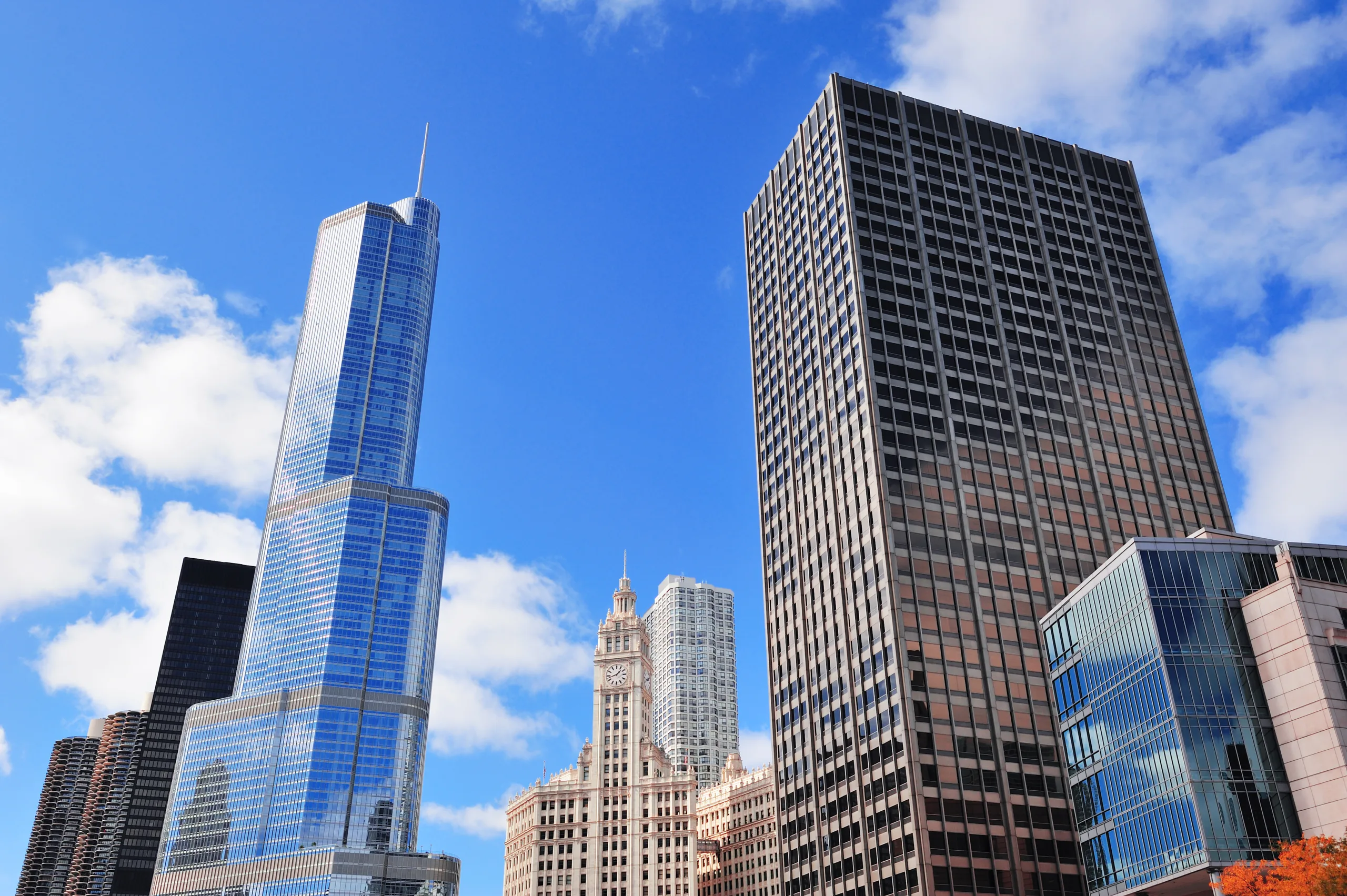- Manhattan lost 400K SF of coworking space between Q1 and Q2 2025, dropping from 11.3M SF to 10.9M SF across 267 locations — the first contraction in the market’s history, per CoworkingCafe.
- The slowdown follows WeWork’s bankruptcy restructuring, with more than 100 leases rejected and many renegotiated, despite the company signing new leases in recent months.
- Nationwide, the number of coworking locations declined for the first time since the pandemic, but the total US footprint grew slightly to 141.3M SF as spaces became larger on average.
For the first time, Manhattan’s coworking footprint is shrinking, reports Bisnow. A year after WeWork emerged from bankruptcy, it was taken private by Yardi. The borough — the country’s coworking capital — saw a 400K SF reduction in Q2, according to CoworkingCafe. The borough now has 10.9M SF of coworking space across 267 locations, down from 11.3M SF in the first quarter.
A Shift In The Market
The report attributes the slowdown to market oversaturation and high operating costs, prompting operators to trim space and shed underperforming leases. WeWork has been actively adding new spaces, including recent deals for 60K SF at 250 Broadway and 55K SF at 250 Fifth Ave. However, the company’s post-bankruptcy lease rejections and downsizing appear to be contributing to the decline.
Get Smarter about what matters in CRE
Stay ahead of trends in commercial real estate with CRE Daily – the free newsletter delivering everything you need to start your day in just 5-minutes
The Details
WeWork’s 55K SF lease at 250 Fifth will replace a much larger 108K SF location nearby that it signed in 2014. Despite closures, some spaces have been picked up by rivals, which had previously kept Manhattan’s market in growth mode until this year. Regus expanded aggressively in Q2, adding nearly 50 locations nationwide, while fellow International Workplace Group brand HQ added 23 and CBRE’s Industrious added five.
National Trends
Across the US, coworking locations fell from 7,840 to 7,742 in Q2, the first national decline since the pandemic. However, larger average space sizes pushed the total footprint up to 141.3M SF from 140.8M SF in Q1. It was about 137M SF at the end of 2024. Chicago, the second-largest market, grew slightly in Q2 to 8.2M SF.
Why It Matters
The contraction signals that even top markets like Manhattan are feeling the impact of a maturing coworking industry. Shifting demand patterns and lingering post-bankruptcy effects from its largest operator are also playing a role. With competitors scaling aggressively, the next phase of growth may be concentrated in better-performing urban hubs and emerging secondary markets.


















